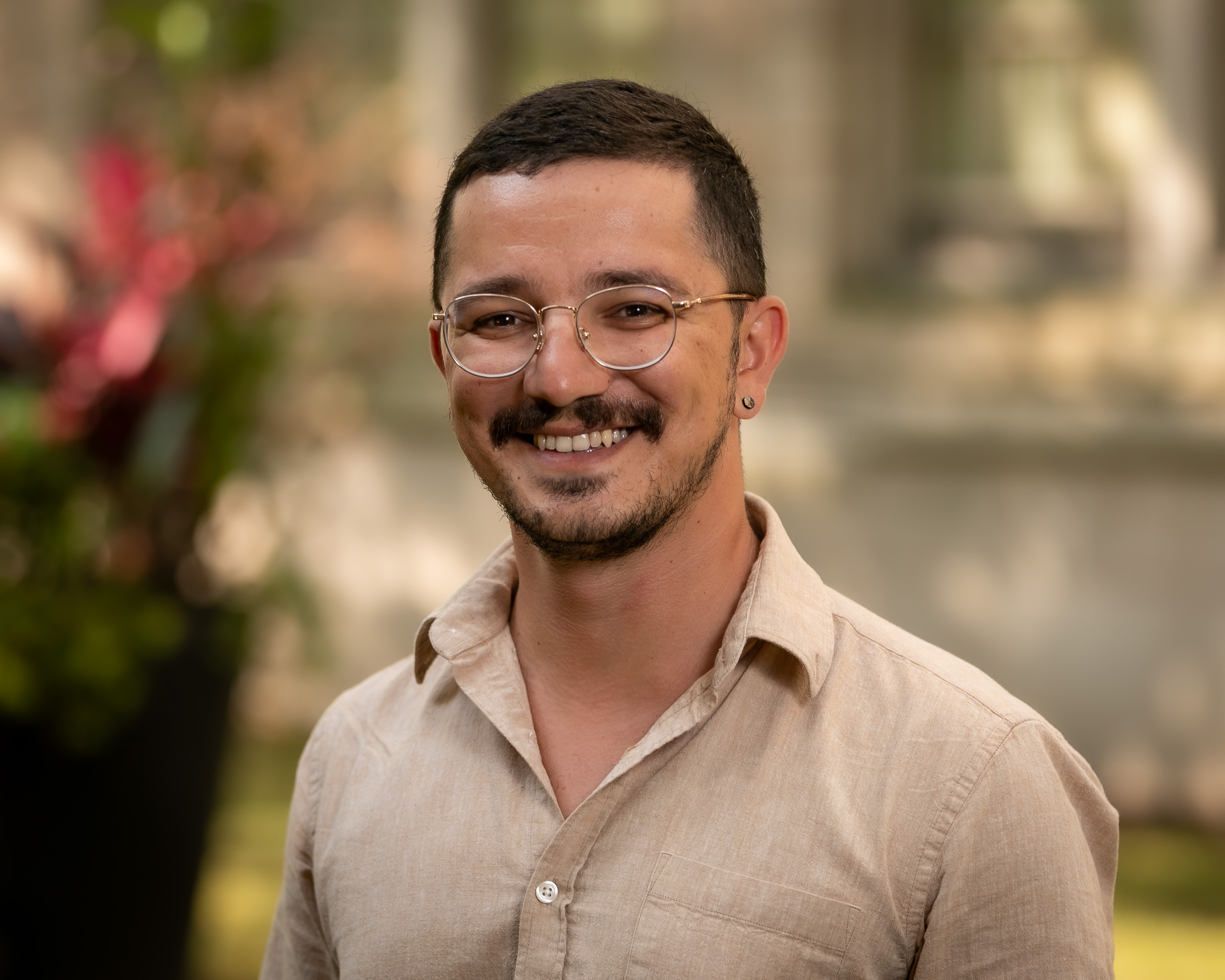CRS Scientist Spotlight on Harun Cingoz
Harun Cingoz is a PhD candidate in Dr. Julie Kim's lab. His research focuses on understanding the influence of obesity the epigenetic and transcriptomic landscape of endometrial cancer.

Thesis mentor: J. Julie Kim, PhD
Thesis title: Understanding the impact of obesity on methylation changes in endometrial carcinoma
What brought you to join the CRS community and what is your current position?
I joined the CRS community to connect with researchers passionate about advancing reproductive health and disease understanding. As a 4th year PhD student in the Kim Lab, my research sits at the intersection of cancer biology and reproductive science, making CRS an ideal environment for collaboration and training.Could you describe your research?
My research focuses on understanding how obesity influences the epigenetic and transcriptomic landscape of endometrial cancer. Using patient samples provided by Northwestern as well as publicly available datasets, I aim to uncover how obesity reshapes the tumor microenvironment and identify molecular pathways that contribute to the poorer outcomes observed in obese patients.What aspect(s) of CRS do you find most valuable?
CRS brings together researchers, creating opportunities for collaboration, mentorship, and exposure to cutting-edge techniques in reproductive biology. The seminars and events have also been instrumental in shaping my scientific thinking.What has been the most valuable aspect to your training as a reproductive scientist?
The most valuable aspect has been learning how reproductive health is intricately tied to systemic factors like obesity and inflammation. My training has emphasized the importance of integrating clinical insight with molecular data, which has been critical in developing translational perspectives in my research.What is one piece of advice you would give to young scientists starting in their journey in science?
Don’t be afraid to ask questions or change directions when things don’t go as planned. Some of the most rewarding discoveries come from unexpected results. Also, find a supportive community—it makes the challenges of research much more manageable and fulfilling.What do you think will be the next big contribution in the reproductive biology field?
I believe the next big contribution will come from integrating single-cell and spatial omics to map reproductive tissues and tumors at unprecedented resolution. This will enable us to understand cell-cell interactions, uncover hidden cell states, and develop more personalized therapies for reproductive cancers and disorders.
What hobbies do you have outside of the lab?
I enjoy learning, exploring, and experimenting—both inside and outside the lab. In my free time, I continue to nurture these passions by learning new languages and history, exploring new places both virtually and in person, and working on DIY projects to see whether I can fix or break things (mostly break).